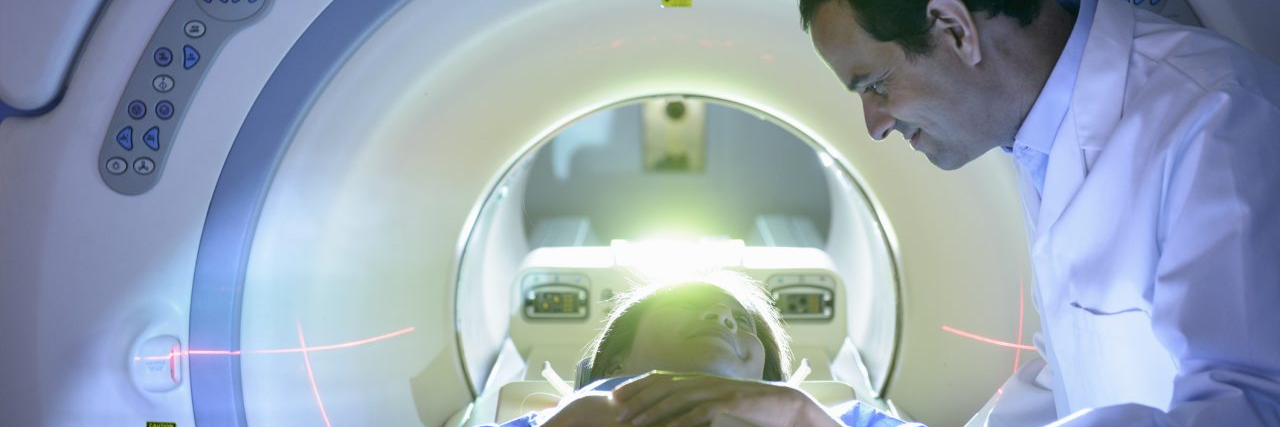How Do We Truly Confirm an Alzheimer's Diagnosis
An Alzheimer’s disease diagnosis is not equivalent to memory loss with aging. It’s a life-altering experience that affects everyone involved.
The absence of a single, definitive test for Alzheimer’s can make the diagnostic journey challenging and nuanced. Here’s an in-depth look at how Alzheimer’s disease is diagnosed.
Initial Assessment: Recognizing the Signs
Before doctors get involved, it may start with an instinct. Maybe you or your loved ones notice forgetfulness or unusual behavior that can’t be brushed off anymore. Initial consultations typically involve primary care physicians, who may write a referral to a neurologist, geriatrician, or a memory clinic for a more specialized neurological exam and diagnostic tests.
Medical History and Interviews
Health care providers usually start with a thorough medical history, interviews with the person showing symptoms, and discussions with close family members. This helps to rule out other possible causes of cognitive decline, such as medications, depression, or other medical conditions.
Cognitive and Neurological Tests
Cognitive tests like the Mini-Mental State Examination (MMSE) or the Montreal Cognitive Assessment (MoCA) are often used to assess memory, problem-solving, attention, and language skills. A more comprehensive evaluation might involve a series of tests known as neuropsychological testing, which can take several hours to complete.
Blood Tests and Basic Lab Work
Blood tests are usually performed to eliminate other potential causes of cognitive decline, like thyroid issues, vitamin deficiencies, or kidney or liver diseases. Though blood tests can’t diagnose Alzheimer’s, they are crucial in ruling out other underlying conditions.
Brain Imaging
Several brain scanning methods can help eliminate other possible diagnoses and also identify certain physiological changes in the brain.
- Magnetic Resonance Imaging (MRI): Used to rule out tumors, strokes, and head injuries that could be causing cognitive symptoms.
- Computed Tomography (CT) Scans: Can help rule out other issues like brain tumors and hemorrhages.
- Positron Emission Tomography (PET) Scans: Specialized PET scans can now identify tau tangles and amyloid plaques in the brain, hallmark signs of Alzheimer’s. However, these are often reserved for research settings or specific cases due to their high cost.
Cerebrospinal Fluid (CSF) Analysis
Though less common, a lumbar puncture to analyze cerebrospinal fluid can detect specific proteins associated with Alzheimer’s disease. This is not a routine part of Alzheimer’s diagnosis, but may be recommended in some instances.
Genetic Testing
Genetic testing is generally not used for diagnosing sporadic Alzheimer’s disease. Still, it may be considered in cases of early-onset Alzheimer’s or a strong family history. Mutations in genes like APP, PSEN1, and PSEN2 are linked to familial Alzheimer’s. However, genetic testing raises ethical considerations, such as psychological impact and life insurance implications.
The Importance of a Multidisciplinary Approach
Due to the complexity of Alzheimer’s, a multidisciplinary team — comprising neurologists, psychologists, radiologists, and other specialists — is often the best approach for an accurate diagnosis. This comprehensive evaluation helps create a tailored treatment plan and advise family members on caregiving and management.
Future Diagnostic Methods
Emerging technologies like blood-based biomarkers and advanced machine learning algorithms analyzing neuroimaging data promise earlier and more accurate Alzheimer’s diagnosis. Although these are still in clinical trials, in the experimental phase, they represent the future of Alzheimer’s diagnostics.
With advancements in medical science, there is hope that the process will become increasingly streamlined, making it easier for patients and families to navigate the challenges that Alzheimer’s poses.
Getty image by Monty Rakusen

